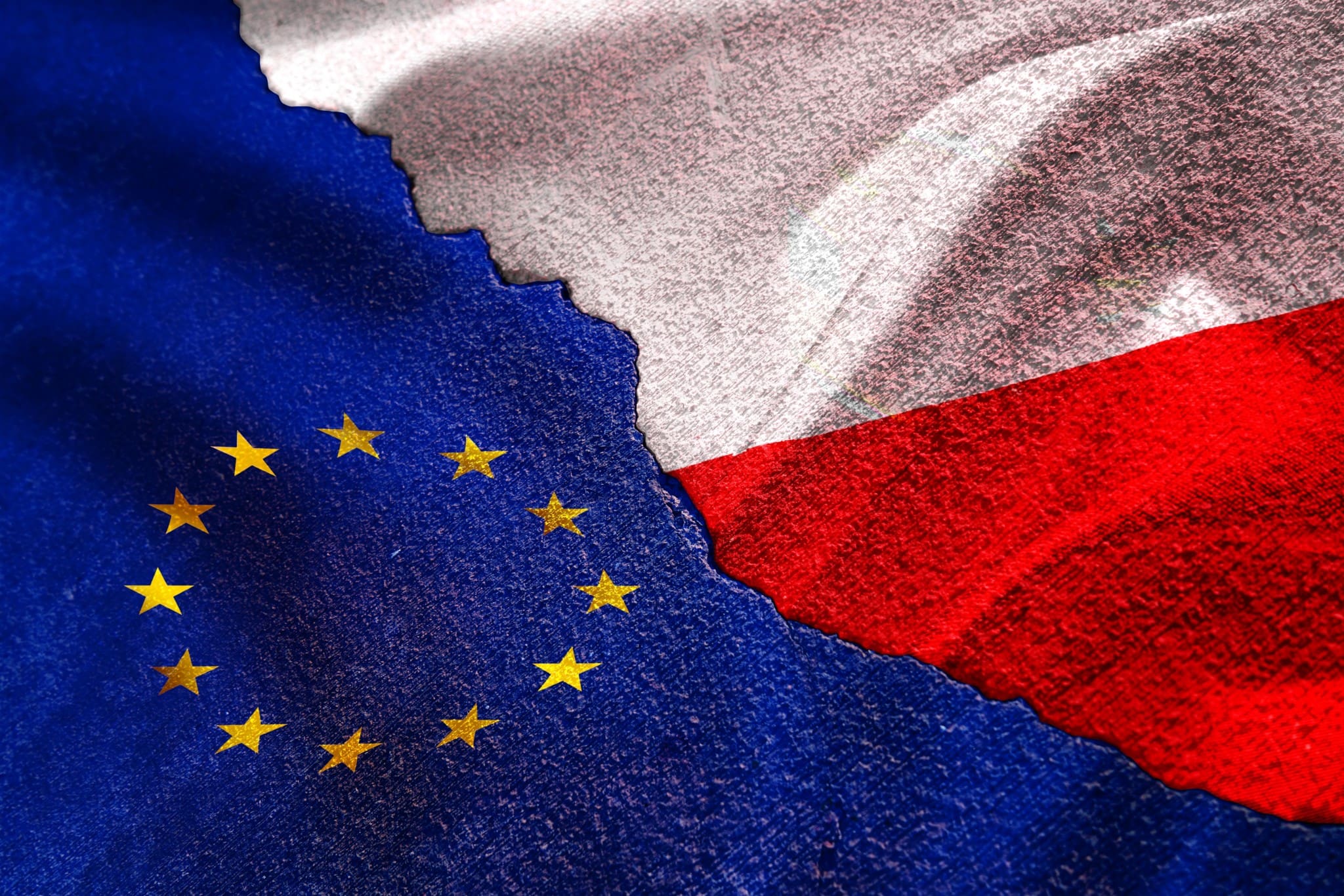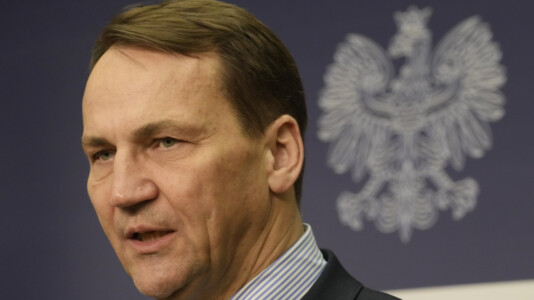According to the Warsaw Enterprise Institute, a significant majority of Polish citizens (between 66 and 70 percent) are unaware that the European Union is set to implement new taxes that will directly contribute to the EU’s budget.
These taxes include the Carbon Border Adjustment Mechanism (CBAM), the Pillar Two minimum tax, and the partial transfer of revenues from the Emission Trading System (ETS).
This revelation comes as Poland faces a potential excessive deficit procedure by the European Commission, prompting potential tax increases.
In response, the Warsaw Enterprise Institute commissioned a study by Maison&Partners to assess the Polish public’s awareness of their tax obligations. Despite recent crises such as the pandemic, war, and inflation, which have strained financial conditions, the study shows an overall positive outcome but highlights a significant gap in awareness regarding EU fiscal policies.
In the past seven years, Polish citizens have become more vigilant about their tax contributions, spurred by ongoing economic challenges and nominal wage increases. Almost 80 percent of Poles spontaneously identify taxes as the primary source of state funding, mainly focusing on taxes deducted from employment rather than taxes on goods and services.
The study also shows a substantial increase in the awareness of various tax types compared to seven years ago.
While in 2017 as many as 21 percent of Poles believed that they paid no taxes at all, today this figure has dropped to only 10 percent. At the same time, the largest group of Poles is aware of paying personal income tax (PIT), with 74 percent acknowledging this, compared to 72 percent in 2017. Meanwhile, 59 percent are aware that they pay Value Added Tax (VAT), up from 42 percent in 2017, and 50 percent are aware of excise duties on alcohol, tobacco products, and fuel; these results show that the actual understanding of these types of taxes is less than what the survey responses might suggest.
The perception of the tax system as unfair and complex persists, with 87 percent of Poles advocating for simplification, and the upcoming EU taxes are catching many by surprise. This includes taxes aimed at leveling the competitive playing field across member states and addressing environmental concerns through the new carbon tax.
As Poland navigates these changes, the government might face resistance from its citizens, who are well-informed about national taxes but less so about European fiscal strategies. This discrepancy underscores the need for better communication and education regarding EU tax policies as they begin to take effect.






